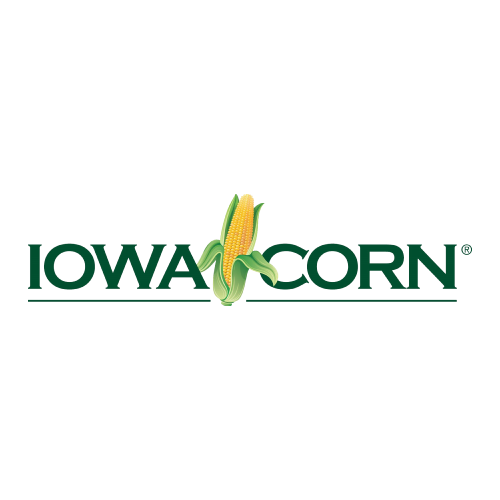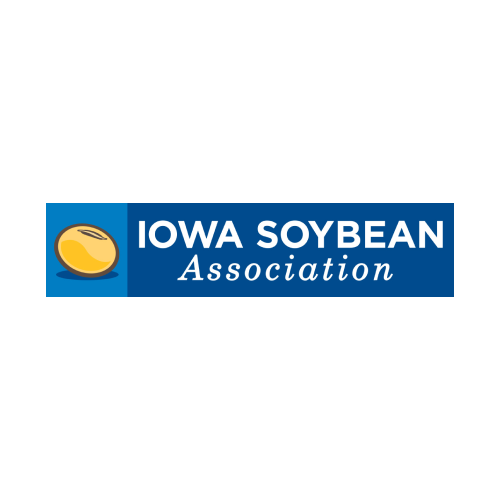Keep Iowa growing.
Glyphosate-based pesticides are Iowa farmers’ #1 tool to control weeds, keep yields high, and implement conservation practices that use less land and resources. These products are integral to the production of corn and soybeans, helping Iowa farms compete in an increasingly competitive global market and ensure a robust and affordable, food supply.


For nearly half a century, glyphosate has enabled Iowa farmers to implement conservation practices that use fewer resources, helping family farms compete in the global market.

Farmers are already struggling to turn a profit. Nearly three-quarters of farms make less than 10 cents on every dollar they spend—and that’s before taxes.

Compared to pricier alternatives and tilling practices, glyphosate saves Iowa farmers an estimated $612M annually.

Decreased crop yields would make it very difficult for Iowa farmers to stay in business.
Farmers' Livelihoods
Don’t make one of the toughest jobs on Earth even tougher.
Economic Impact
Glyphosate supports hundreds of Iowa jobs.

Hundreds of Iowans directly support the production of glyphosate.

That Iowa facility produces 70% of North America's RoundUp supply.

Food Security
An essential tool for a growing population.

As the nation's leading corn producer and second-largest soybean producer, Iowa farmers depend on glyphosate for successful harvests, ensuring we have enough to eat.

60% of all Iowa corn acres and 73% of soybean acres rely on glyphosate.

Up to 40% of crops are lost to pests and diseases each year.

Without pesticides, losses could be as high as 85%.

Higher prices and lower yields would result in many more people going hungry, particularly disadvantaged children.

Glyphosate allows farmers to adopt conservation practices that limit erosion, runoff, and water loss to help keep soils healthy and reduce emissions.

The reduction in on-farm diesel use from conservation tillage practices alone has reduced tractor emissions by the equivalent of 109k vehicles on Iowa roads.

Without pesticides, farmers would need twice as much land to grow the same amount of food due to reduced yields.

Glyphosate-enabled practices save farmers a combined 812.4 million gallons of fuel each year—roughly the annual amount of energy required by 3.2 million homes.
Conservation
Conserve resources, limit runoff.
Protecting Farmers’ Options
Preserve farmers’ access to crop protection tools.

From critical agricultural inputs to semiconductors, medicine, and PPE, we must maintain strong supply chains to ensure American farmers have options and continued access to essential products.

Maintaining the availability and continued production of pesticides ensures American farmers have the tools they need readily available to feed families here and around the world.
Organizations that support the Modern Ag Alliance and Iowa farmers




